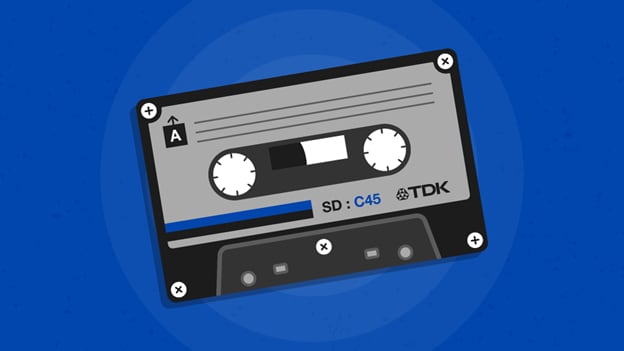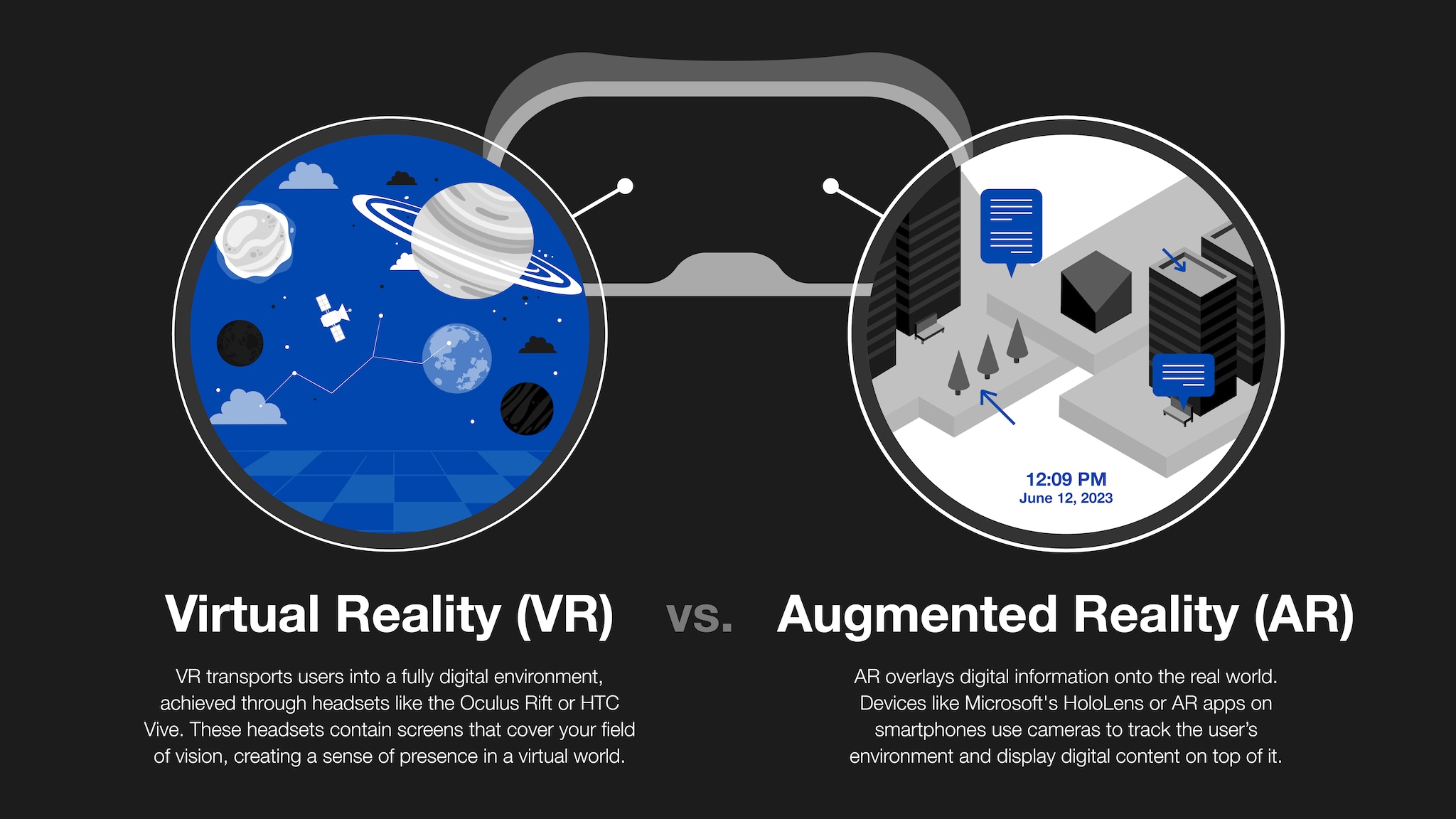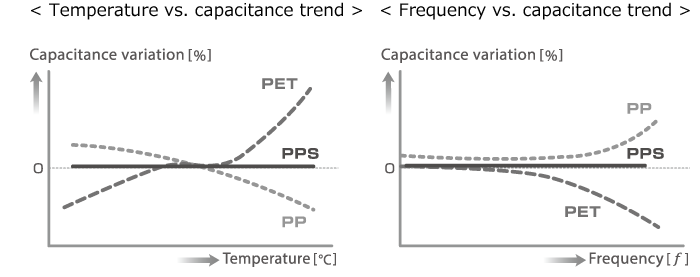Bridging the Past, Present, and Future of Tech
The Future of AI: How Will ChatGPT Change The World?
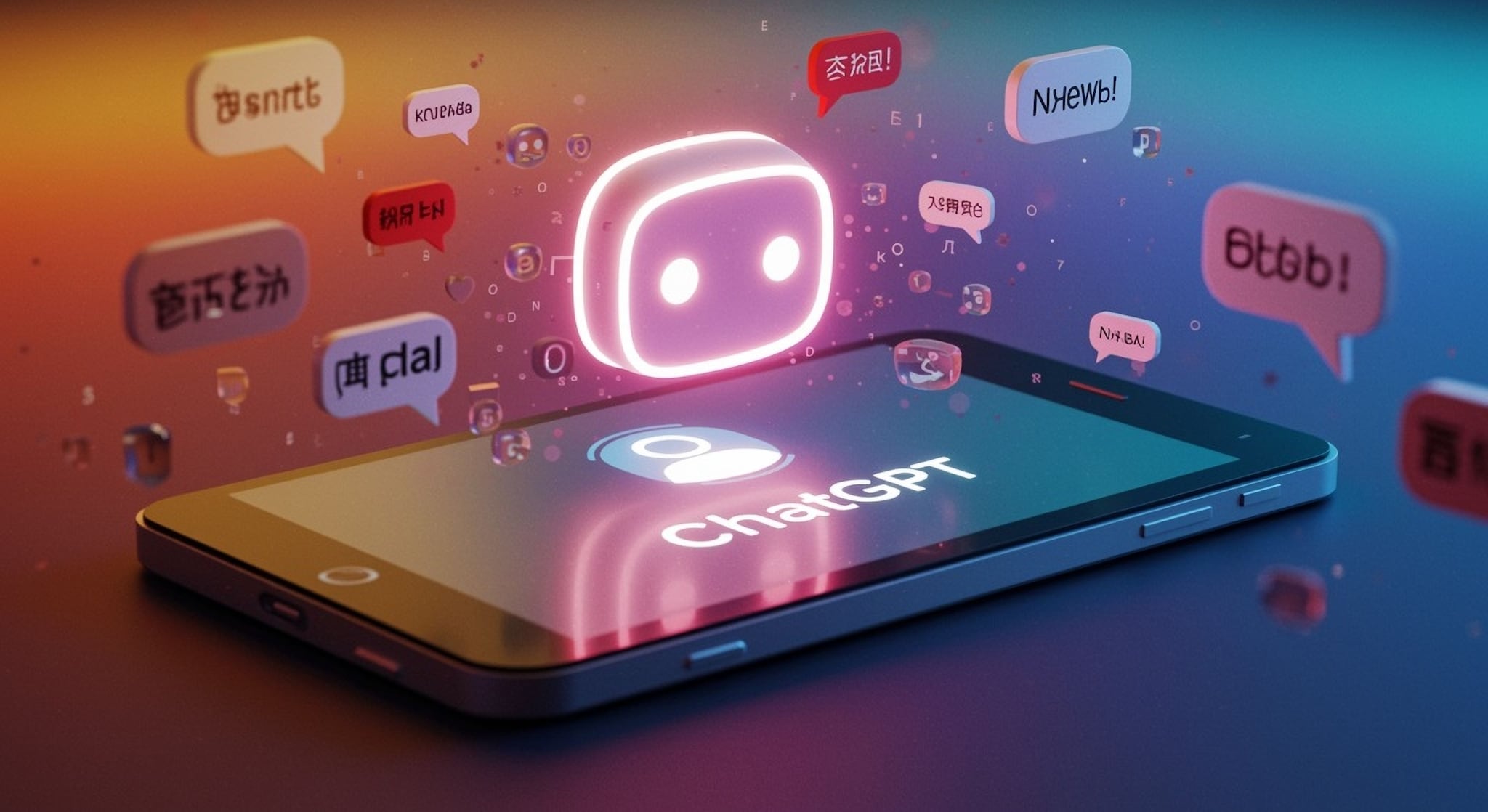
Key Takeaways
1. Revolutionizing Communication: ChatGPT reduces language barriers and transforming customer service by providing personalized and intuitive interactions, fostering seamless global communication.
2. Advancing Education and Research: AI enhances access to education, resources, enabling researchers to process complex data efficiently and drive innovation.
3. Empowering Businesses: ChatGPT enhances operational efficiency through advanced data analysis, predictive insights, and automation, allowing businesses to focus on strategic growth.
4. Human-AI Collaboration: By becoming more intuitive and empathetic, ChatGPT bridges the gap between humans and AI, serving as a supportive ally in healthcare, daily routines, and emotional well-being.
5. Ethical Considerations: The integration of AI demands robust ethical practices, prioritizing data privacy, security, and responsible usage to ensure technology serves humanity's best interests.
In the fast-paced era of technological innovation, Artificial Intelligence (AI) stands at the forefront of discussions about the future. Far beyond mere algorithms and code, modern AI represents highly sophisticated systems designed to replicate human thought processes and capabilities. Among the cutting-edge advancements, ChatGPT serves as a shining example of how far AI has evolved and the exciting possibilities that lie ahead.
Created by OpenAI, ChatGPT is part of a groundbreaking lineage of AI models that have continually pushed the boundaries of technological achievement. While earlier models laid the groundwork, ChatGPT’s unmatched language processing capabilities catapulted it into the spotlight, offering a glimpse into the future of AI. The creators of this remarkable system aimed not just to build a tool but to craft an AI capable of deeply understanding and interacting with humans, almost on a personal level. Their vision? To seamlessly integrate AI into daily life, assisting with everything from routine tasks to complex research, inspiring the question: "What could ChatGPT mean for the future?"
At its core, ChatGPT is much more than a sequence of code; it embodies years of relentless research, bold aspirations, and a vision of a collaborative future where humans and AI innovate together. This journey invites us to explore the profound impact and transformative potential ChatGPT brings to the world. What does the future hold, and how will ChatGPT reshape the way we live and interact?
A Revolution in Communication
Communication has always been the foundation of human progress. From the simplicity of smoke signals to the sophistication of mobile phones, the way we connect has evolved dramatically over time. Now, with the emergence of AI technologies like ChatGPT, we are on the brink of yet another groundbreaking transformation. Imagine a future where language barriers are no longer an obstacle. With chatbots mastering multiple languages and enabling real-time translation, seamless global communication becomes a reality, setting the stage for unprecedented cross-cultural collaboration and exchange.
In addition, the customer service industry is poised for a radical shift. ChatGPT’s ability to grasp and respond to human context on a deeper level signals the end of robotic, pre-scripted interactions. Instead, customers will experience personalized and intuitive support from AI that listens, understands, and resolves issues efficiently. This evolution offers a glimpse into how ChatGPT will redefine the future of customer service, elevating the standard for communication and care.
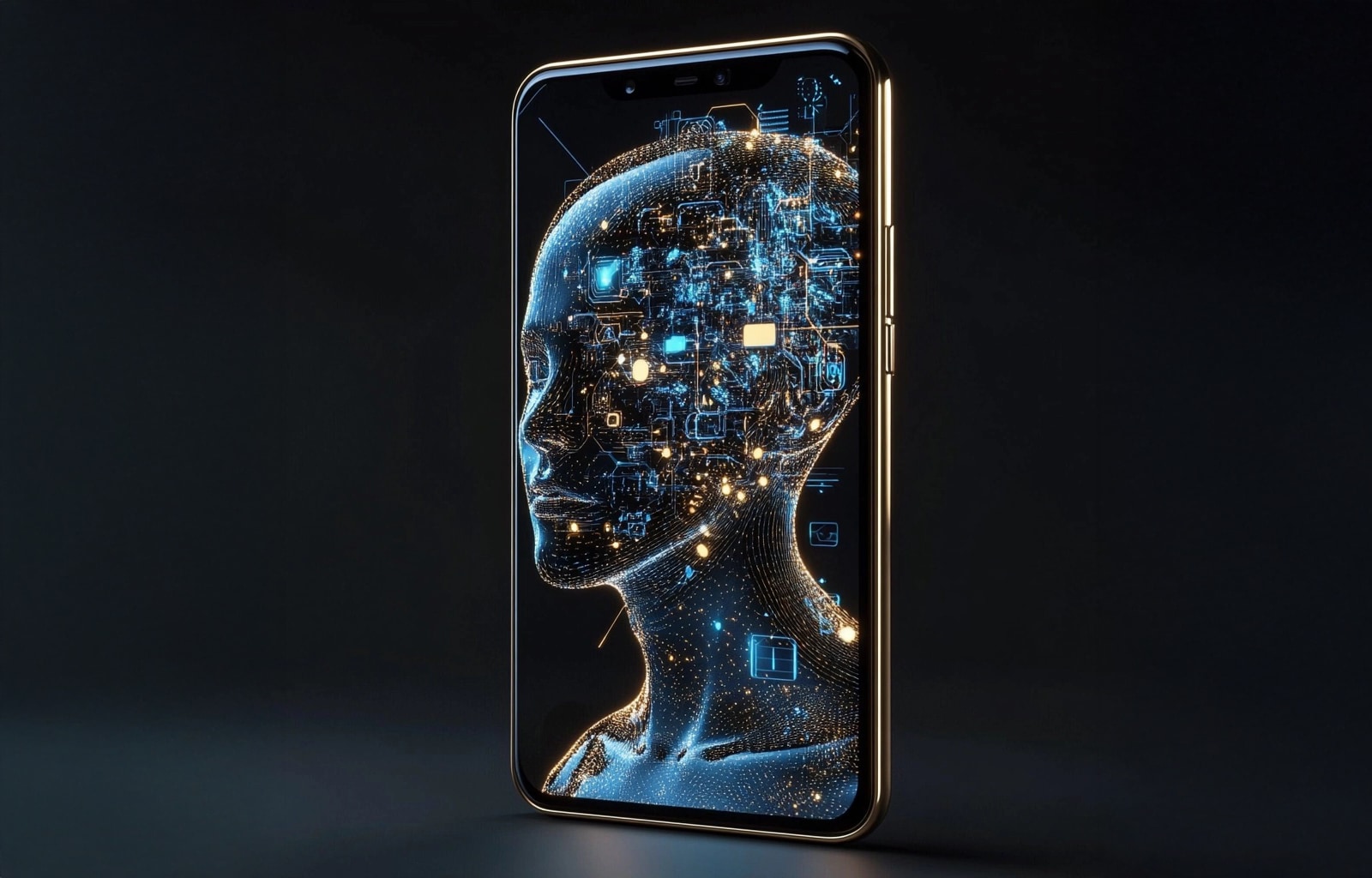
Transforming Education and Research
Artificial Intelligence (AI) is revolutionizing the way knowledge is accessed and shared, breaking down barriers that once limited learning opportunities. Tools like ChatGPT are at the forefront of this transformation, democratizing education by making vast amounts of information accessible to anyone, anywhere in the world. Whether it’s personalized tutoring, instant access to academic resources, or multilingual support, AI is bridging the gap between learners and the knowledge they seek, fostering a more inclusive global education system.
For researchers, the integration of advanced AI tools offers unprecedented benefits. AI can process massive datasets, identify patterns, and even generate innovative ideas, streamlining the research process and freeing up time for critical analysis. By providing insights and creative solutions, tools like ChatGPT empower researchers to push the boundaries of their disciplines and explore uncharted territories of innovation. The synergy between human expertise and AI capabilities is set to redefine the future of discovery and intellectual growth.
Streamlining Businesses
In today’s fast-paced corporate landscape, efficiency and innovation are the keys to staying competitive. ChatGPT emerges as a powerful ally for enterprises, revolutionizing operations through advanced data analysis, accurate market trend predictions, and deep insights into consumer behavior. By leveraging these capabilities, businesses can gain an edge in understanding and adapting to ever-changing market dynamics, redefining what it means to stay ahead.
Repetitive tasks such as scheduling, data entry, and record-keeping are no longer a burden. Automation powered by ChatGPT enables organizations to reallocate their workforce to strategic, value-driven roles, enriching processes and enhancing agility. This transformation goes beyond cost-saving—it's about creating dynamic, responsive systems that thrive in competitive environments.
The transformative power of ChatGPT lies in its foundation: the fusion of artificial intelligence (AI) and machine learning (ML). Machine learning enables these systems to evolve and refine themselves over time, becoming more efficient and precise. From predictive analytics to nuanced data interpretation, this synergy between AI and ML accelerates decision-making and drives smarter outcomes.
TDK exemplifies this vision by embracing cutting-edge technologies. The acquisition of Qeexo (now TDK SensEI) highlights a commitment to innovation. As a leader in Edge AI, TDK SensEI integrates machine learning to empower Edge AI solutions, showcasing how the convergence of AI and ML can reshape entire industries. This collaboration underlines TDK’s role as a pioneer in technological advancement.
Edge AI, in particular, offers a decentralized approach, processing data locally on hardware devices instead of relying on centralized servers. This ensures faster processing speeds, reduced latency, and enhanced data privacy—critical advantages in today’s digital-first economy. Businesses leveraging Edge AI can respond to market demands with unmatched speed and security.
Ultimately, ChatGPT’s success stems from the seamless integration of AI and ML. This harmony enables it to comprehend complex contexts, anticipate user needs, and deliver accurate responses. Companies adopting tools like ChatGPT and TDK SensEI’s Edge AI solutions are not just enhancing their operations—they are redefining what it means to compete and excel in a modern business environment.
Bridging the Human-AI Gap
While science fiction often portrays a dystopian future dominated by AI, ChatGPT offers an alternative vision: one built on collaboration and mutual support. As AI becomes increasingly intuitive and emotionally aware, it is evolving from a mere tool into a trusted ally. This shift prompts an important question: can ChatGPT redefine the future of human-AI relationships by fostering genuine connections?
For seniors or individuals living with Alzheimer’s, ChatGPT can serve as a supportive companion. It can assist with managing daily routines, providing medication reminders, or simply offering meaningful conversation. By understanding and empathizing with human emotions, AI has the potential to significantly enhance emotional well-being, offering care and connection in ways once thought impossible.
Caution: Ethical Considerations
As we stand in 2025, Artificial Intelligence has become an integral part of everyday life, powering industries, homes, and communication systems. However, with this integration comes the pressing need for ethical vigilance. Issues like privacy breaches and AI dependency remain at the forefront of public discourse. Many organizations are increasingly adopting AI-driven systems, though comprehensive safeguards against misuse remain a challenge. Tools like ChatGPT, with their transformative potential, demand a responsible approach, ensuring that innovation is matched by ethical foresight and robust security measures. Just because AI can achieve something doesn’t mean it always should—implementation must prioritize human well-being.
Intriguing Facts and Future Projections for ChatGPT
● Continual Learning: In 2025, OpenAI continues to set the standard for AI innovation, refining ChatGPT with state-of-the-art updates. The latest enhancements enable deeper contextual understanding, allowing the tool to respond with remarkable precision even in complex scenarios. With its ongoing evolution, ChatGPT remains at the cutting edge of conversational AI.
● Bridging Social Gaps: Accessibility has become a central focus for AI. By now, ChatGPT supports a wide array of languages, from major global tongues to minority dialects, fostering inclusivity. Initiatives launched in partnership with global organizations aim to bring AI-powered tools to underserved communities, bridging educational and communicational divides on a massive scale.
● User Experience Impact: As of this year, businesses that implemented ChatGPT-powered chatbots report consistently high levels of customer satisfaction. Surveys indicate that users value its ability to deliver accurate, personalized support in seconds, with companies saving millions through optimized workflows and enhanced service quality.
● Future Integrations: The digital landscape of 2025 is defined by interconnectedness, and ChatGPT is a major player. From productivity platforms like Microsoft Teams to entertainment ecosystems like Spotify, AI integration is reshaping user experiences. OpenAI’s partnerships have positioned ChatGPT as a critical enabler of seamless communication and automation across industries.
● Education and Training: AI is revolutionizing education, and ChatGPT is at the forefront. By facilitating personalized learning experiences and simplifying onboarding processes, it is helping organizations cut training times while boosting engagement and retention. Universities and corporations alike are embracing these tools to empower students and employees, paving the way for a more adaptive and efficient learning environment.
● Language Translation Dominance: ChatGPT has emerged as a preferred choice for language translation in 2025. Unlike traditional translation tools, it excels at preserving context, idiomatic expressions, and subtle nuances, ensuring the original meaning remains intact. Users frequently report higher satisfaction compared to other popular services, particularly for complex or creative content. This capability makes ChatGPT a valuable tool for businesses, researchers, and individuals working across languages and cultures.
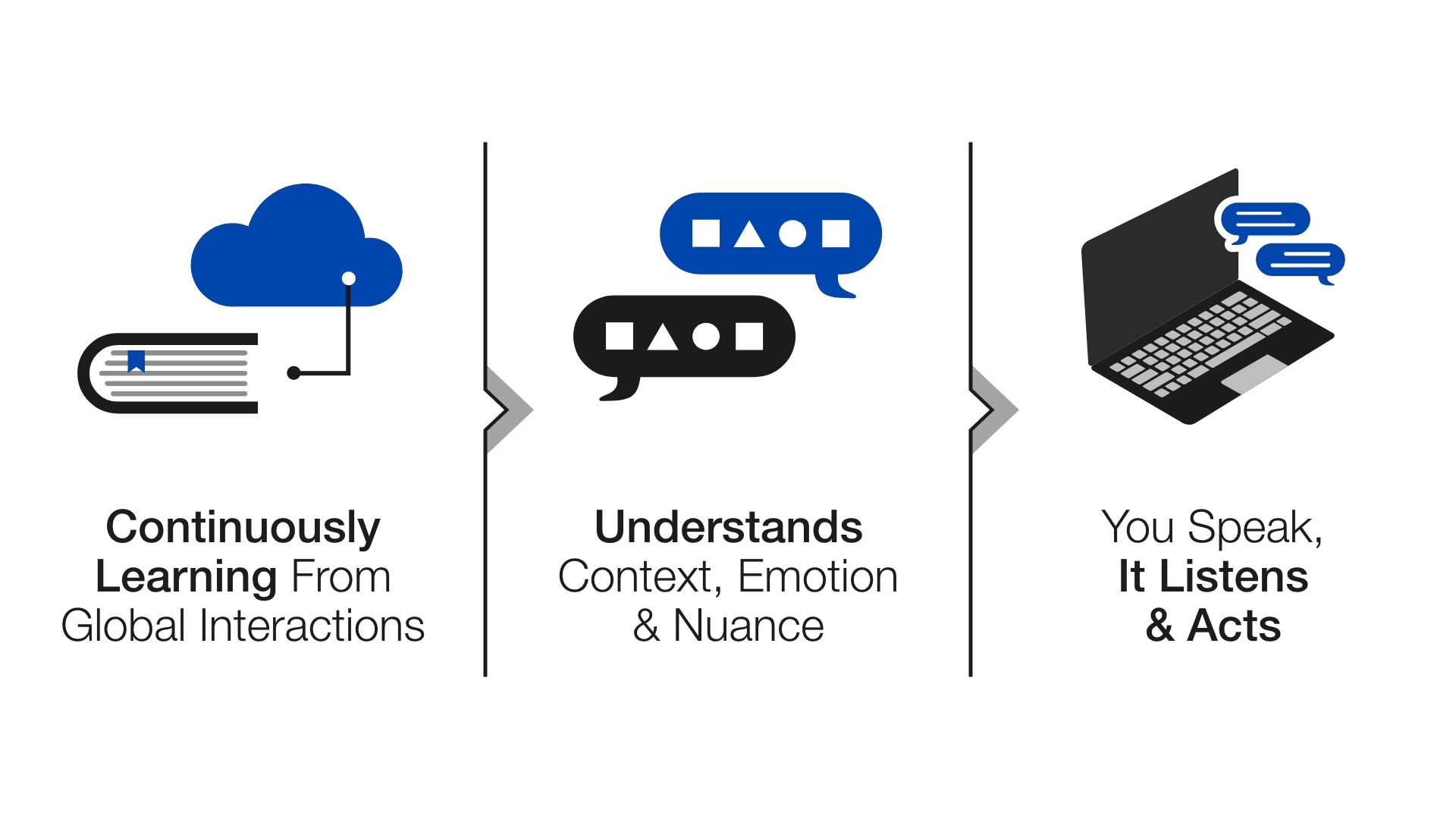
In Conclusion
ChatGPT is not just a technological innovation; it is a testament to human creativity and the pursuit of progress. Its potential to transform communication, business processes, education, and many other fields is undeniable. However, as we embrace this new era of possibilities, it is crucial to approach it responsibly, ensuring that AI serves humanity's best interests while adhering to the principles that define us.
The future is calling, filled with both opportunities and challenges. With ChatGPT leading the way, the path ahead shines brighter, promising a harmonious blend of progress and purpose.
The development of artificial intelligence is advancing rapidly, and ChatGPT is not the only model shaping the future of AI. For example, DeepSeek, developed by the Chinese company DeepSeek AI, has quickly attracted significant attention from users and the global AI community. The company specializes in creating open-source language models and recently introduced DeepSeek-V2, which, according to some reports, performs better than certain OpenAI's models.
On the other hand, Claude, created by Anthropic, focuses on security and ethical AI interactions. This model is designed with responsible AI principles in mind, minimizing the risk of generating misleading information and ensuring interpretability in decision-making.
Each of these models offers unique capabilities, and they continue to improve every day. This diversity of AI models provides users with the opportunity to choose the tool that best suits their needs.
FAQ
1. How does DeepSeek compare to ChatGPT?
DeepSeek is an advanced AI model developed by DeepSeek AI, a Chinese company specializing in large-scale language models with open-source accessibility. Unlike ChatGPT, which is designed for a broad range of tasks, including creative writing, business applications, and conversational interactions, DeepSeek focuses on logical reasoning, mathematical problem-solving, and scientific analysis.
The latest model, DeepSeek-V2, has gained significant attention for its high accuracy in numerical computations and logical inferences, areas where many general-purpose AI models struggle. According to some reports, DeepSeek's performancesurpasses that of OpenAI’s models in specific benchmark tests related to structured reasoning and complex problem-solving.
While ChatGPT remains a versatile AI tool with strong conversational and creative abilities, DeepSeek is particularly suited for technical domains, making it a preferred choice for researchers, engineers, and academics who require a more analytical and precise AI assistant.
Both models continue to evolve, offering users diverse AI-powered solutions based on their specific needs.
2. What is ChatGPT, and how does it work?
ChatGPT is an advanced AI model developed by OpenAI. It uses machine learning to understand and generate human-like text based on the context of a conversation, enabling seamless and intuitive interactions.
3. How can ChatGPT improve communication?
ChatGPT facilitates real-time translation, breaks language barriers, and enhances customer service by offering personalized, context-aware responses, ensuring smoother global and interpersonal communication.
4. What role does ChatGPT play in education and research?
ChatGPT democratizes education by providing personalized learning resources, multilingual support, and instant access to information. For researchers, it accelerates data analysis and fosters innovation through advanced AI-driven insights.
5. Is ChatGPT safe and ethical to use?
While ChatGPT is designed with safeguards, ethical concerns such as privacy and dependency require vigilance. Organizations must implement robust policies to ensure responsible and secure use of AI tools.
6. What industries benefit most from ChatGPT?
ChatGPT is transforming industries such as education, healthcare, customer service, research, and business operations by enhancing efficiency, innovation, and user experience.
Sources of Inspiration:
● The Future of ChatGPT: Predictions and Opportunities
● Ethical aspects of ChatGPT: An approach to discuss and evaluate key requirements from different ethical perspectives
● Ethical ChatGPT: Concerns, Challenges, and Commandments
● Exploring the impact of ChatGPT: conversational AI in education
TDK is a comprehensive electronic components manufacturer leading the world in magnetic technology



